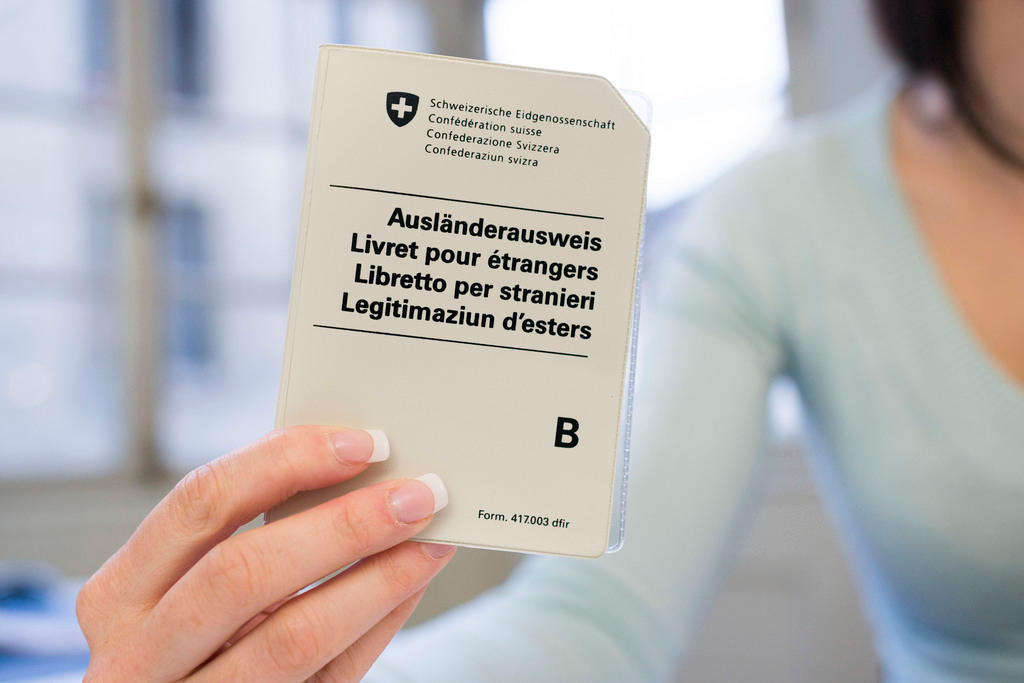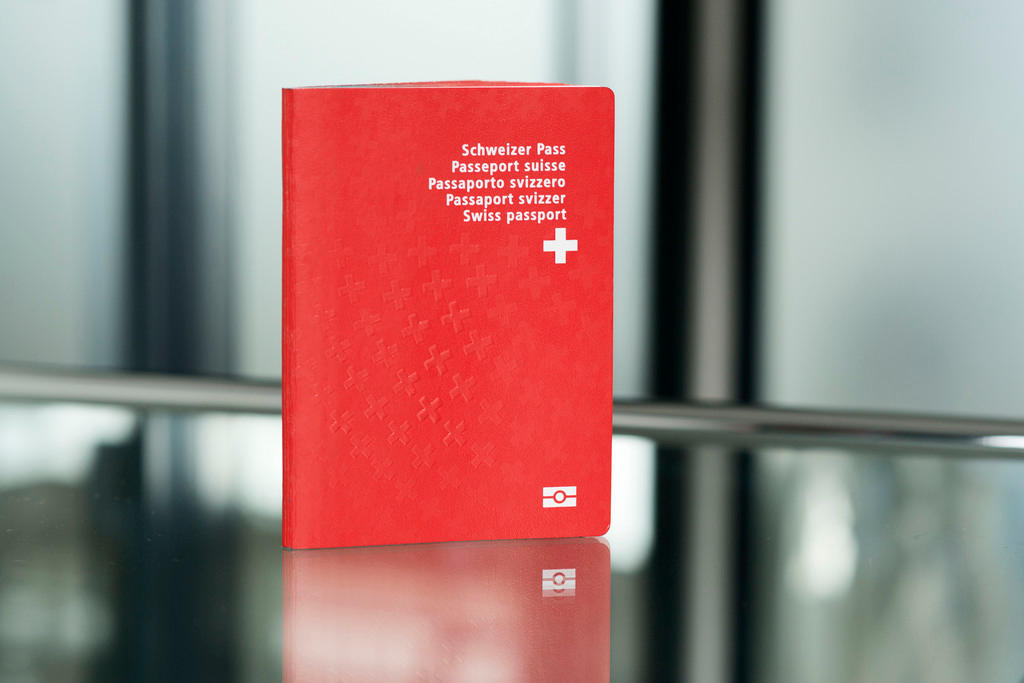
Rich foreigners ‘buy’ Swiss residency thanks to derogation

Obtaining a Swiss residence permit is not an easy process and comes with strict rules. This is particularly the case for third-country nationals. But money helps immensely.
According to a report published by the Aargauer Zeitung newspaperExternal link on Friday, over the past eight years 523 foreigners who were considered ‘important public interests’ took advantage of a legal amendment and obtained Swiss residency. The breakdown by nationality is below:
To help put together a successful residency application and negotiate with the authorities, people rely on specialist relocation lawyers and consultants, which can cost from CHF50,000 upwards.
Obtaining a permit to live and work in Switzerland depends on many factors, including where you are from, the skills you have and quotas. Citizens of the European Union and European Free Trade Association (EFTA) generally benefit from the free movement of people accord, while third-country nationals face stricter requirements and annual quotas.

More
Making it easier for young foreigners to become Swiss
In most instanceExternal links, non-EU/EFTA citizens need a job but having money is a huge help. Wealthy retirees with pre-existing close ties to Switzerland, or financially independent people with businesses, who pay considerable annual tax and can afford lawyers’ fees, can gain a head start.
Wealthy foreigners can also negotiate so-called ‘lump sum’ tax deals in certain cantons. These deals levy a charge equivalent to seven times the rental value of the taxpayer’s property, provided the person derives their income from abroad.
Some rich third country nationals wanting to relocate have been assisted by a change to the Federal Act on Foreign Nationals in 2008External link. The law was amended to give cantons more freedom and leeway when deciding who gets a residency permit.
Article 30, paragraph b of the federal law states that in cases of ‘important public interests’, cantons may grant new applicants from non-EU/EFTA countries derogations from the strict admission requirements to secure an initial B residence permit.
The clause ‘important public interests’ is an elastic legal term. It relates to tax questions, but also to cultural (artists), political or legal issuesExternal link. In 2014, the Federal Migration Office told the NZZ newspaper that the criteria generally meant high taxpayers.

In compliance with the JTI standards
More: SWI swissinfo.ch certified by the Journalism Trust Initiative


























You can find an overview of ongoing debates with our journalists here . Please join us!
If you want to start a conversation about a topic raised in this article or want to report factual errors, email us at english@swissinfo.ch.